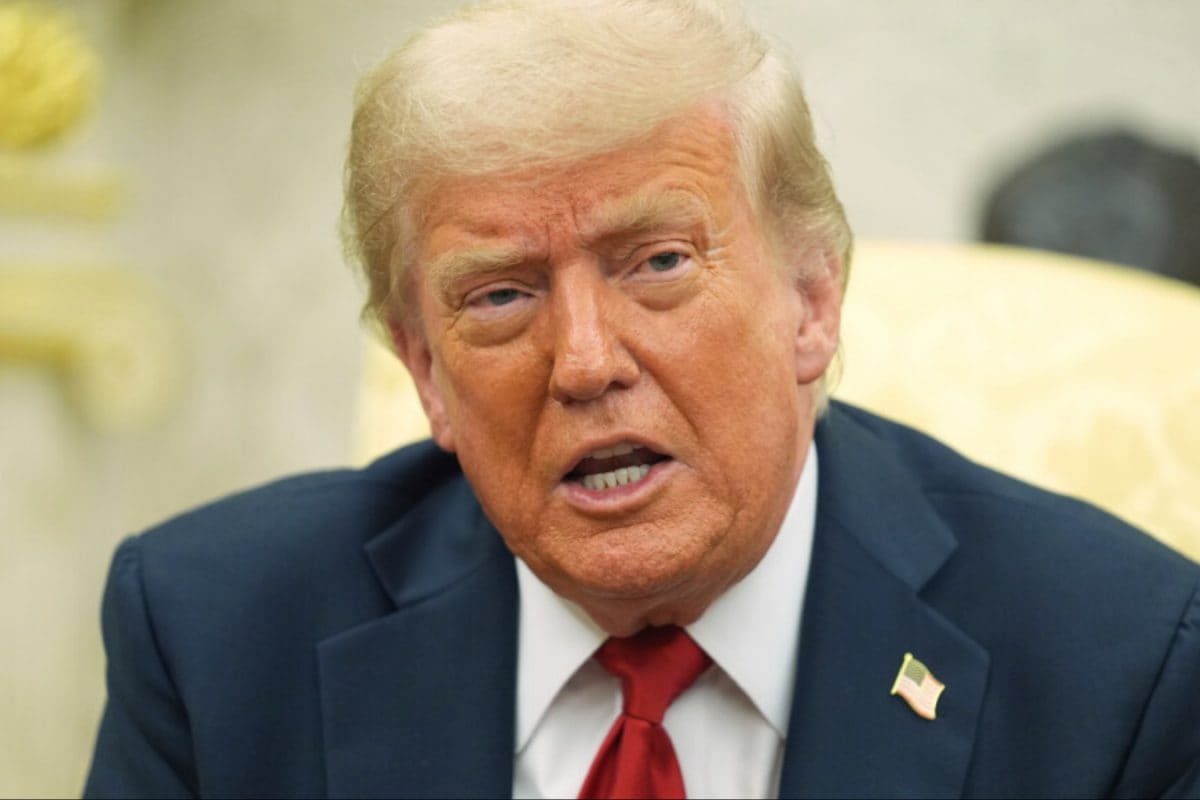

Donald Trump has once again asserted that he prevented a nuclear war between India and Pakistan, claiming his intervention through trade negotiations de-escalated tensions between the two nations. This is not the first time Trump has made such claims; he has repeatedly stated that he "helped settle" tensions between India and Pakistan.
During a meeting with NATO Secretary General Rutte, Trump stated that the conflict between India and Pakistan was progressing so poorly that it could have escalated into a nuclear war within a week. He claimed he used trade as leverage, telling both countries that the U.S. would not discuss trade deals unless they resolved the issue. Trump praised the leaders of both India and Pakistan for their willingness to settle the matter.
Trump's initial claim dates back to May 10, when he announced on social media that India and Pakistan had agreed to a "full and immediate" ceasefire after a "long night" of talks mediated by Washington. Since then, he has repeated this assertion numerous times. On one occasion, Trump credited the leaders of India and Pakistan for ending the conflict, a departure from his usual claims of personal intervention. He also stated that he was happy that "two very smart people decided not to keep going with that war," acknowledging the potential for nuclear escalation.
However, India has consistently refuted Trump's version of events, maintaining that the ceasefire understanding was reached through direct talks between the Directors General of Military Operations (DGMOs) of the two militaries. Indian officials have stated that there was no mediation by the U.S. and that discussions between the Indian and Pakistani militaries were initiated at Islamabad's request.
Prime Minister Narendra Modi has also conveyed India's stance against third-party mediation to Trump directly. In a phone call with Trump, Modi stated that India does not and will "never accept" mediation.
The situation in April 2025 saw escalating tensions after a terror attack in Pahalgam, Kashmir, which India blamed on Pakistan-based terrorists. India launched Operation Sindoor on May 7, targeting terror infrastructure in Pakistan-administered Kashmir with missiles and drones. Pakistan retaliated, leading to cross-border strikes. On May 10, Pakistan's military contacted India's DGMO seeking a truce, resulting in a direct ceasefire agreement.
Despite India's denial of U.S. mediation, some reports suggest that U.S. Secretary of State Marco Rubio contacted Indian and Pakistani leaders, urging de-escalation and offering U.S. support to facilitate discussions. It was after these calls that the Pakistani DGMO contacted his Indian counterpart.
Trump's repeated claims have drawn criticism from India's opposition Congress party, with a spokesperson questioning Prime Minister Modi's silence on the matter. Some analysts suggest that Trump's actions, including hosting Pakistan's army chief, could strain U.S.-India ties.